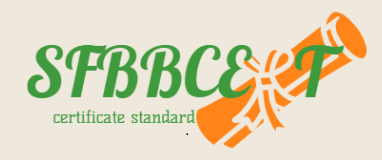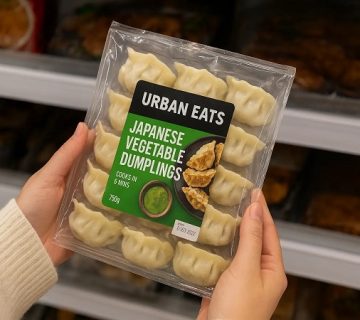A Silent Danger Behind Everyday Foods
In recent weeks, Australian retail giant Coles pulled two of its peanut butter products off the shelves due to contamination with aflatoxin, a toxic and carcinogenic substance. Aflatoxins are a type of mycotoxin produced by fungi in the Aspergillus genus. These fungi thrive in warm, humid conditions, especially on crops like peanuts, corn, wheat, rice, pistachios, hazelnuts, and spices such as turmeric and pepper.
This isn’t just an isolated issue in tropical regions. Aflatoxin contamination poses a serious food safety risk across the globe, particularly where traditional farming and storage methods make it harder to detect or prevent the presence of these invisible toxins.
What Is Aflatoxin and How Does It Enter the Food Chain?
Aflatoxins are among the most dangerous of all mycotoxins. They are produced by the molds Aspergillus flavus and Aspergillus parasiticus, which grow on food crops stored in poorly ventilated or overly humid environments.
Aflatoxins are:
Invisible: You can't see, smell, or taste them.
Heat-resistant: Cooking, boiling, or freezing doesn't destroy them.
Long-lasting: They persist through food processing and storage.
Common High-Risk Products:
Peanut butter and other nut butters
Peanuts, pistachios, hazelnuts, almonds, and walnuts
Corn, rice, wheat, and other grains
Spices such as chili, turmeric, and black pepper
Dairy products (if animals consume contaminated feed)
Health Risks of Aflatoxin Exposure
Aflatoxins are classified as Group 1 carcinogens by the World Health Organization (WHO), meaning there is strong evidence they cause cancer in humans. Prolonged exposure — even in small amounts — can have serious health consequences.
Key Dangers Include:
Liver cancer (hepatocellular carcinoma)
Suppression of the immune system
DNA damage and genetic mutations
Growth retardation in children
Acute aflatoxicosis, which can lead to liver failure and death in severe cases
The Coles Case: A Wake-Up Call for All
The recall of peanut butter by Coles in Australia wasn't just an isolated quality control issue — it was a warning. It reminded us that:
Even foods that appear healthy and safe on the outside can carry hidden risks on the inside, and without proper safety protocols, such dangers go unnoticed.
This incident reinforces the need for robust food safety practices and continuous monitoring across the global supply chain.
Solution: Implementing SFBB Standards
To reduce the risk of aflatoxin contamination, one of the most effective strategies is implementing the SFBB standard — Safer Food, Better Business. This is a food hygiene and management framework originally developed in the UK and now applied globally by food businesses seeking to ensure quality, safety, and compliance.
Key Components of SFBB:
Regular temperature and humidity control during storage
Daily inspection of food stocks and packaging
Proper record-keeping and labeling of production and expiration dates
Employee training on identifying signs of spoilage or mold
Use of dehumidifiers and proper ventilation
Clean, sealed packaging that protects against external contamination
Tracking and traceability in the event of recalls
sfbbcert: A Trust Mark for Safer Products
Companies that adhere to SFBB standards and want to communicate their safety and hygiene commitments can now be certified by sfbbcert — a modern food safety certification that reflects international best practices.
sfbbcert Certified Brands:
Are routinely tested for contaminants, including aflatoxins
Use modern storage and handling methods
Maintain strict documentation of sourcing and production
Employ trained staff with ongoing food safety education
Follow strict packaging and sanitation guidelines
Consumers can trust products with the sfbbcert mark to meet high standards of safety and hygiene, significantly reducing the risk of contamination from hidden toxins like aflatoxins.
How to Protect Yourself as a Consumer
Even without lab tests or certification tools, everyday consumers can take simple steps to reduce their risk of aflatoxin exposure:
- Choose sealed, packaged products from reputable brands
Avoid purchasing wrinkled, discolored, or moldy nuts and grains
Buy spices and dried goods only from trusted retailers
Store all food items in cool, dry places away from sunlight
Always check expiration dates and storage instructions
When in doubt, don’t consume anything with an odd smell or appearance
Conclusion: Awareness Is the First Line of Defense
Aflatoxin is not just a problem for one country or crop — it’s a global health hazard that demands awareness and action. Whether it's peanuts in Australia or spices in South Asia, food safety starts with responsible production and informed consumers.
By supporting brands with sfbbcert certification and encouraging the implementation of SFBB practices, we create a safer food ecosystem for everyone.
Staying informed, reading labels, and choosing certified products are small actions that make a big difference in preventing long-term health risks.





No comment